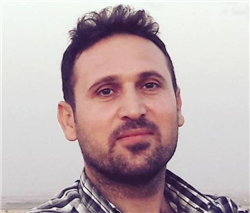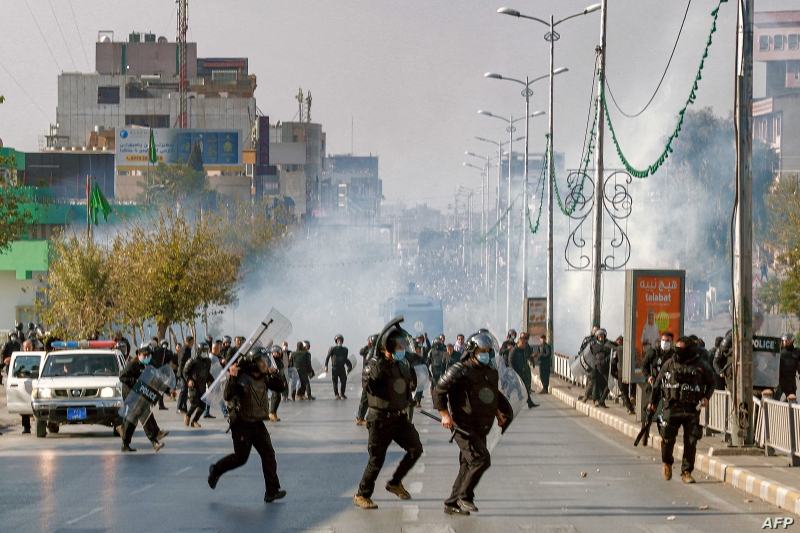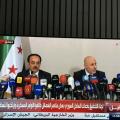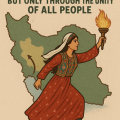
Beshdar Osman
T by Dr. Twana
In the face of explosions and social unrest, the burden on Kurdish society becomes more unbalanced and the authorities have the option of restricting it. Repression, imprisonment, and repression are their tools of choice to stifle dissent, revealing a troubling trend that parallels the characteristics of dictatorial and failed regimes.
The authorities possess a keen understanding of the dynamics of their powers, using surveillance and control to prevent dissent from spreading. But the question remains: In whose culture does a simple statement by a shopkeeper, a handyman or a bakery owner cause two nights of darkness? Such extreme measures reflect the desperation of dictatorial regimes that have failed to secure the trust and pride of their citizens.
A parasitic, plundering and oppressive regime will not stop at any level to prevent explosions and unrest to crush the hopes and aspirations of its people. From the young to the elderly and the disabled, teachers, journalists and university students...all have fallen under the heavy hands of oppression. Dirty tactics are used to discredit and undermine confidence within society as these regimes struggle to flaunt any achievements worthy of credit.
These parties in Erbil, Sulaimani and Duhok, despite their abilities, are taking their valuable land away from the hands of the common residents, in the name of private and suspicious projects of the parties! Meanwhile, the revenues of telecommunications and internet companies flow directly into the pockets of the ruling families. With this significant economic disparity, the privileged enjoy exclusive universities and exclusive services, while the rest of society faces restrictions, even in access to basic recreation.
Failed governance:
The failure of the regime extends beyond economic differences. It poses a serious threat to the survival of society, and any attempt at reform or change will be insufficient to mitigate the risks at hand. The bags of bread, generators, the supply of water, gas and oil, and the demands of teachers, employees and various professions are a reflection of the collective protest against a regime that has proved a disastrous failure for the lives of citizens.
Voices of despair from the real estate offices in Duhok to the farmers of the plains of Erbil and Sharazoor, farmers are crying out against the oppressive rule that is drowning their livelihoods. Teachers and employees are participating in the march, highlighting the urgent need for change in the face of a regime that has failed to address their concerns for 33 years.
The imbalance, injustice and un-democracy that Kurdish society is suffering from today under the successive failures of authoritarian regimes reveals the depth of the failures and the severity of the threats facing the citizens. As different sectors of society unite in their demands for change, the need for real reform becomes evident. It echoes echoes of discontent, painting a picture of a society yearning to be freed from the shackles of oppression and the burdens of a failed Nahal regime





